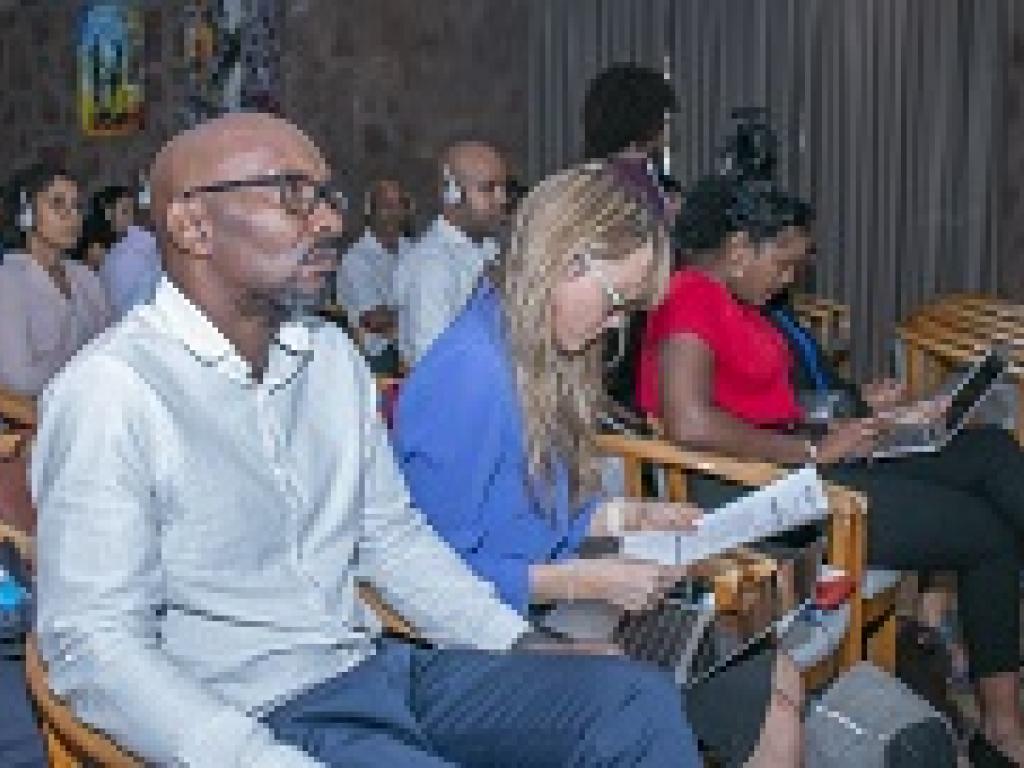Cabo Verde Tobacco Tax Workshop - January 2020


Cabo Verde is one of fifteen countries selected by the FCTC Convention Secretariat to participate in the FCTC 2030 project. The Project aims to help countries strengthen their implementation of the WHO FCTC to achieve the Sustainable Development Goals. One of the core elements of the FCTC 2030 Project is to provide direct support to a selected number of LMICs that have demonstrated considerable motivation to advance their tobacco control policies.
Cabo Verde is a member of the Economic Community of West African States (ECOWAS). In the past, the ECOWAS Excise Tax Directives have constrained some member countries to implement higher taxes and/or better excise tax structures. In 2017 ECOWAS adopted a new Directive that relieved some of the negative aspects of the previous Directive. Since 2018, Cabo Verde has made good progress in implementing its tobacco tax policy, but its tobacco tax structure still relies too heavily on ad valorem taxes, and the rate of tobacco taxation is very low. In the past decade, the nominal excise tax has not kept pace with income growth and inflation, which has rendered tobacco products in Cabo Verde more affordable over time.
The purpose of our workshop was two-fold. Our first objective was to disseminate knowledge on best-practice tobacco tax policy and measures to tackle illicit trade. Our second goal was to calibrate the TETSiM model in consultation with the delegates. Participants engaged eagerly with the workshop content and contributed to the model calibration process by providing us with country-specific data and helpful discussion. We were able to quantify the health and economic benefits that Cabo Verde would experience over the next five years if they consistently increase the specific component of their tobacco tax. The ECOWAS Directive sets a floor for the specific tax. There was support for a roadmap where the specific component is increased well beyond the ECOWAS floor. We are optimistic that the results of the model will be used by workshop participants to enact stronger and more effective tobacco taxation policy in Cabo Verde.


